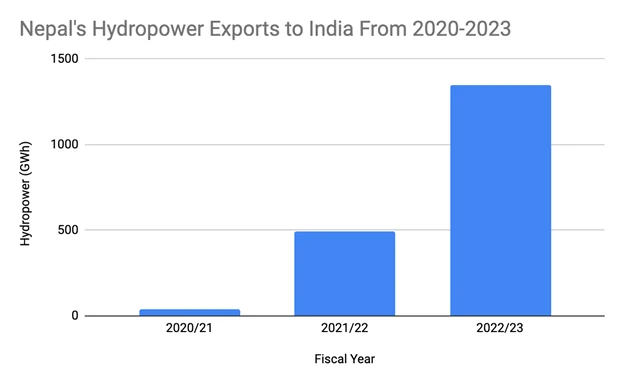https://www.sundayguardianlive.com/worl ... operatives
Nepal, once a haven, is now a death trap for ISI operatives
Abhinandan Mishra, October 1, 2022
The recent killing of Lal Mohhamad, allegedly linked to Pakistan’s ISI, has been described as ‘suspicious’.
New Delhi: On 20 September, Lal Mohhamad, a resident of Manohara, Kathmandu, was shot dead by unidentified gunmen on a motorcycle. He was someone who was on the radar of India sympathetic groups for his alleged links to the Fake Indian Currency Note (FICN) racket for which Nepal, for a long time, was used by Pakistan’s intelligence agency as a “second home”. The 58-year-old Mohhamad, who was in prison for nine years for his role in a murder, was released on a Presidential Amnesty in July 2017. After being released, he, officials say, started a garment business, but also resumed his anti-India activities, something that was confirmed by the Armed Police Force, Nepal.
Kathmandu, for long, was considered as one of the most hospitable cities by Pakistan’s intelligence assets, owing allegiance to its intelligence agency, the ISI, to coordinate and launch anti-India operations. Porus international borders with India, similar cultures, gullible officials, a poor economy which made bribing high-ranking officers an easy task and a flourishing formidable criminal network in Uttar Pradesh, all led to Nepal becoming the “launch-pad” of the ISI. During the 1990s, according to officials, almost 70-80% of Fake Indian Currency Notes (FICN) and illegal weapons for terror use, were entering India from Nepal. During the 1980s and 1990s and the early years of the next decade, many Indian officials, private individuals who were in influential positions, would make multiple trips to the casinos of Kathmandu and to the hill town of Pokhara, where they would be trapped by the ISI through money and honey traps. Those who were compromised or found themselves in a position to not say no to hosting ISI operatives included elected people representatives. Such was the acceptance of the ISI’s presence in the Himalayan country that in February 2000, the then foreign minister late Jaswant Singh, while speaking in Parliament, said that this issue was being discussed at the highest level of government of the two countries.
“The government is aware of and concerned about Pakistan’s Intelligence agency, Inter-Services Intelligence (ISI), misusing the territories of Nepal and Bangladesh for activities inimical to India’s interests. The issue relating to the curbing of ISI activities in Nepal has also been taken up at the highest level,” Singh had said. However, things started changing when it was revealed that the Pakistan Embassy in Kathmandu facilitated the hijackers of Indian Airlines flight IC-814.
This was an incident that jolted Indian agencies and the Nepalese government into an action mode which was not even seen during the Mumbai blast of March 1993, during which many of the pre- blast and post-blast activities were coordinated from Nepal.
Policy decisions, involving different offices that deal with India’s strategic interest, were undertaken at Delhi, asset allocations to execute actions needed to protect these strategic interests increased and, among other similar steps, it was decided to give a message to the Pakistan deep state that Nepal will no longer be allowed to act as a background of the ISI.
As of today, no senior ISI operative can walk into Kathmandu without their presence being registered by an intelligence gathering mechanism that is operated by officials of the National Investigation Department (Nepal’s Intelligence agencies) in coordination with their Indian counterparts.
On 6 April 2017, Lt. Col. (Rtd) Habib Zahir, a retired Pakistani officer, went missing from Lumbini after he had gone there to attend what the Pakistan Ministry of Foreign Affairs claimed on 18 September 2019 was a job interview with the United Nations. It has been more than five years since Zahir went missing. In August 2013, Yasin Bhatkal, the founder of the Indian Mujahideen (IM), which emerged as the most potent arm of the ISI in India during the 2010s, was arrested by agencies from Pokhara in Nepal. The fact that Bhatkal could have easily went to Lahore, as many of the terror module members had done during that time but chose to stay in Nepal, is a testament of how safe Nepal was at one time considered for the ISI and its associates.
.....
Gautam



